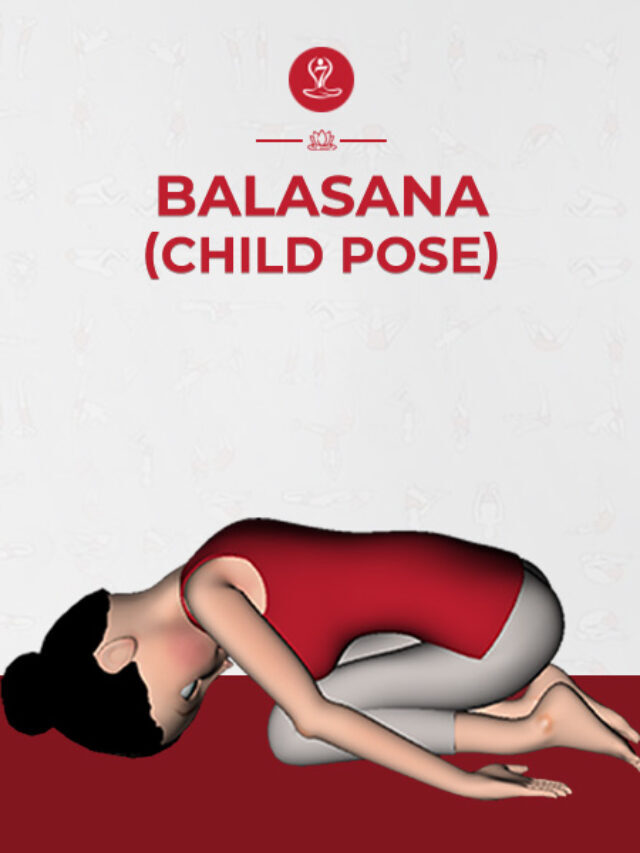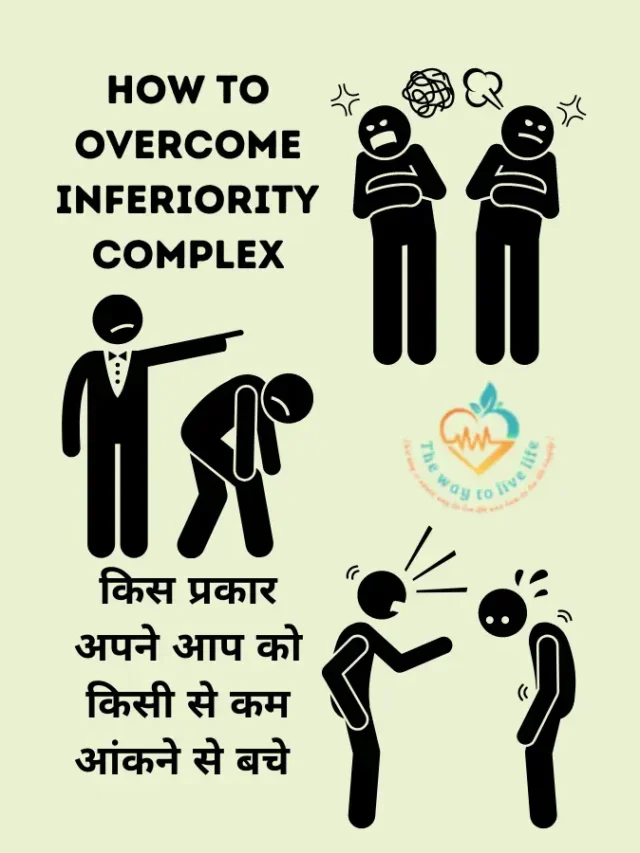Introduction
The greatest human conflict is a matter of ends and means. All political, social, economic and psychological knot problems emerge from this conflict. You can easily judge the moral attitude of an individual or a nation by the fact whether it justifies the ends by the means or the means by the ends.
Ends are supreme
About the ends, says Aldous Huxley in his book Ends and Means”, “Philosophers, politicians and prophets have always been unanimous. We want a better world, a happier society, a workers’ world, the greatest good for the greatest number, etc.” But the means ? When we discuss the means for achieving the happy ends, we hear only a babble of conflicting opinions. No two individuals are unanimous about the methods for achieving the ends mutually discussed and decided upon.
When we decree, “Everything is fair in love and war” We declare that the ends justify the means. In the moments of national crisis, just as in the Second World War, people forget the means they adopt to safeguard their hearths and homes of otherwise to gain an advantage, by fair means or foul, over the people on the other side of the fighting line whom they term “the enemy” In the chronicles of the world we know of at least one war, Mahabharata, in which the means were not sacrificed for the ends, The result was an illuminating discussion between Lord Krishna and Arjuna, embodied in the Bhagvat Gita which has been accepted by the philosophers of the East and the West alike as the most fundamental spiritual document.
Good ends can be achieved by good means
Mahatma Gandhi, when he preached that good ends must be achieved by good means, derived his inspiration from the Bhagvat Gita. Mahatma Buddha, Jesus Christ and Socrates also held the same opinion. It is not possible, they said, to achieve good ends by bad means. When we begin to follow crooked ways, we are tarnished by the methods we adopt, and our ends are dived deep in the color of our actions. We cannot reap wheat by sowing thistles.
The law of cause and effect is an unerring principle of the universe and it can be applied to the controversy of ends and means. Like effects can be generated by like causes. If the causes are changed, the effects will be automatically altered. We can produce water only when oxygen and hydrogen in a certain proportion are scientifically compounded together. This proportion is unalterable. Consequently, if we desire certain ends for ourselves or for humanity, we must work ourselves up along the exact means required for the purpose, otherwise we are bound to meet with disappointment.
Cosmic law between ends and means
The law of ends and means is a cosmic law. Error springs from our effect to turn to small purpose the diversified stream of universal forces. The end of educational is not that books should be swallowed in wholesale not even that should become professor, scientist or lawyer, but that all men should become brothers. We have to hold fast to that which eliminates differences and not ponder over any form of political ideology.
The motive for action, says the Gita, should be in the action itself and not in the result. The result is not important, the action is. The Gita also stresses that a person should do his or her own duty for the achievement of the ends, he or she has in view, whether he or she achieves them or not and should not be tempted away by the better prospect of another individual.
“It is better to do one’s own duty, even though it be devoid of excellence than to perform another’s duty. It is better to perish in the performance of one’s own duty; the duty of another is full of danger.
The path of means to the and is obscure to an individual or a nation bread upon perverted ideals. A person who “has a clarity of mind about ends and means’ is a perfect performance of all actions. Renunciation of action and devotion through action are both very noble ends, but of these two, devotion through action is better than renunciation. In order to have a perfect vision of life one should not abandon action, rather he should give up “the fruits of action” to benefit others.
Conclusion
Nature responds to our ideas powerfully when our ends and means ane of one and the same quality. Jevons & Babbage believe that every thought, displacing the particles of the brain and setting them in motion scatters them throughout the universe, and they think that each particle of the existing matter must be a register of all that has happened.” If we wise to convert our life into music, it is absolutely necessary that our means should harmonize with our ends.










